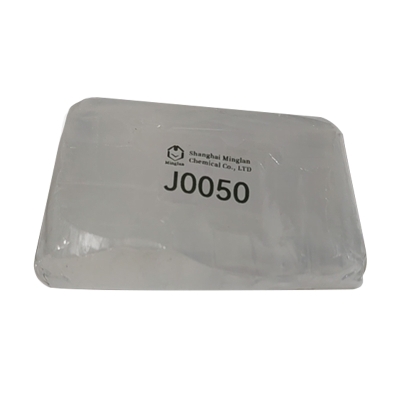-
Categories
-
Pharmaceutical Intermediates
-
Active Pharmaceutical Ingredients
-
Food Additives
- Industrial Coatings
- Agrochemicals
- Dyes and Pigments
- Surfactant
- Flavors and Fragrances
- Chemical Reagents
- Catalyst and Auxiliary
- Natural Products
- Inorganic Chemistry
-
Organic Chemistry
-
Biochemical Engineering
- Analytical Chemistry
-
Cosmetic Ingredient
- Water Treatment Chemical
-
Pharmaceutical Intermediates
Promotion
ECHEMI Mall
Wholesale
Weekly Price
Exhibition
News
-
Trade Service
According to the British "Sunday Times" reported on November 20, the British government claimed to ban the import of Russian oil, but registered a large number of Russian oil shipments to the UK as "imported from other countries"
.
This loophole allowed Russian oil to flow into Britain
.
Since February, at least 39 shipments of Russian oil worth more than £200 million have arrived at UK ports, but are classified as imports
from other countries.
Since March, about £23 million worth of Russian oil has arrived at the UK port of Immingham, with imports recorded as Germany, the Netherlands and Belgium, according to official UK data; Pounds worth £130 million of Russian oil arrived in Thamesport, east London, with recorded imports from Poland, Belgium and the Netherlands
.
The Office for National Statistics and the Department of Revenue and Customs are responsible for collating oil import data and determining which country it imports from based on where it is shipped, not where it
is produced.
According to the Office for National Statistics, Britain did not import oil
from Russia in June.
UK ports received more than £78 million worth of Russian oil in June, with imports from the Netherlands, Estonia, Poland and Belgium, according to data from the General Administration of Revenue and Customs; In July, another £1.
5 million worth of Russian oil was received, imported from France, the Netherlands, Germany and Latvia
.
In addition, because some tanker hulls are too large to call at ports, they need to use ship-to-ship transfers to unload cargo
.
Some maritime experts said that since the escalation of the situation between Russia and Ukraine, this mode of transshipment has become more and more common
.
Britain is scheduled to completely ban Russian oil
imports from December 5.
However, maritime experts say the way Britain records oil imports and the increasing prevalence of ship-to-ship transfers will make it difficult for Britain to sanction Russian oil
.







